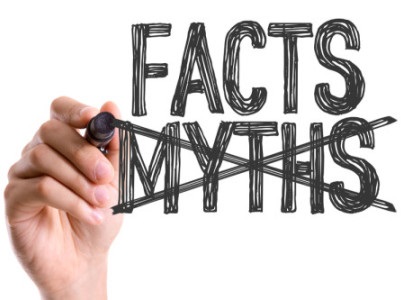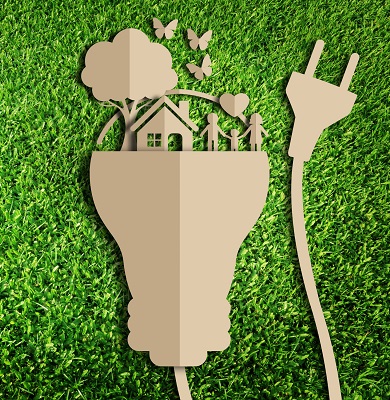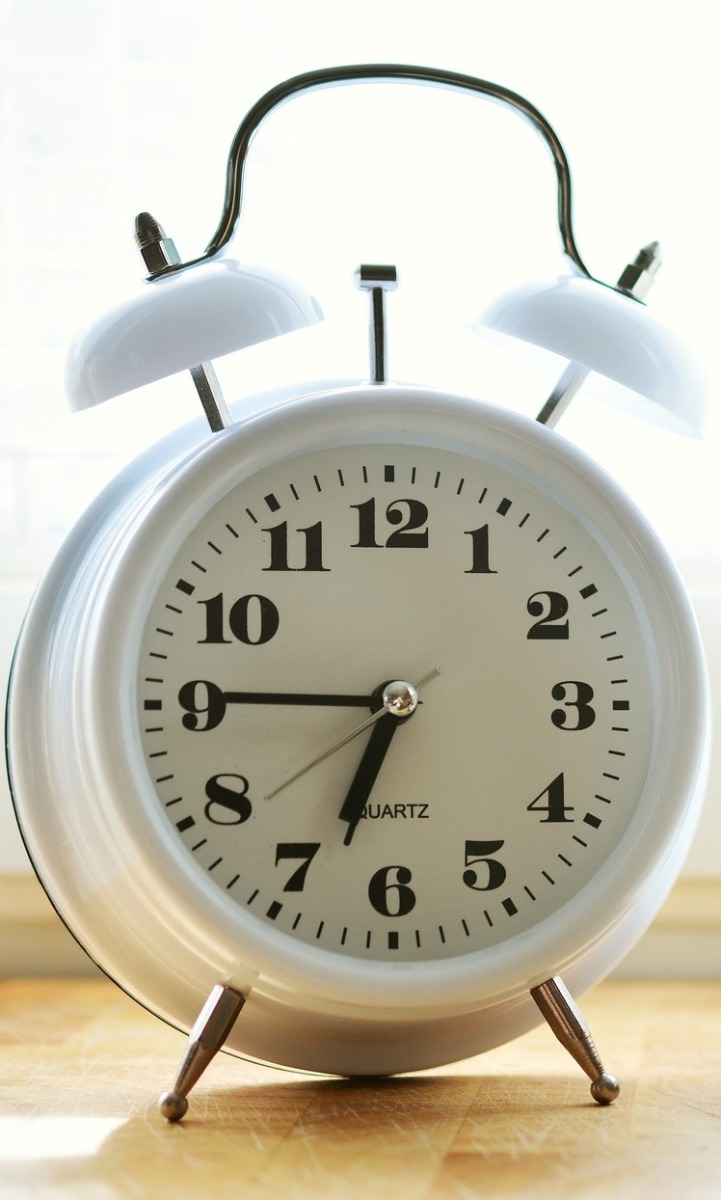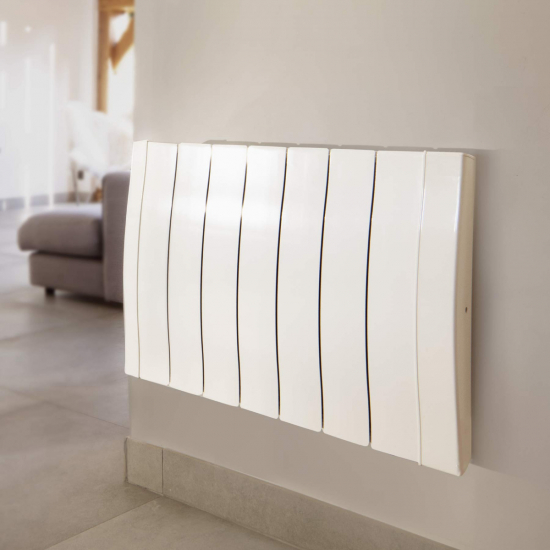 Efficiency. It’s the magic concept that promises to give you less for more: cutting your costs without impacting your comfort, saving you time without diminishing your experience – in short, it’s the 21st century equivalent of having your cake and eating it.
Efficiency. It’s the magic concept that promises to give you less for more: cutting your costs without impacting your comfort, saving you time without diminishing your experience – in short, it’s the 21st century equivalent of having your cake and eating it.
So it’s no surprise that it’s a word beloved by marketing professionals, found in every shopping catalogue and product description under the sun. You’ll see it used to sing the praises of everything from flat screen TVs to sports cars, from LED lightbulbs to electric razors. And we’re just as guilty of this as anyone else, earnestly entreating the world to admire our energy efficient radiators, panel heaters and towel rails.
But how do you, as a consumer, know what’s really efficient and what’s not? Looking at forums can be a good place to start – as a general rule, the most reliable source of information on household products are people who a) have actually used them and b) are not paid to endorse them! However, forums can also be a rich breeding ground for myths and misconceptions. To set the record straight and arm you with the knowledge you need to make an informed choice when you shop, we decided to investigate 8 of the most common myths about energy efficiency:
Myth 1: “Efficiency is the same as cost-effectiveness”
Reality: Whilst it’s true that more efficient heaters will use less fuel to do the same job, the overall running costs will depend on the price of the fuel. The most efficient radiator in the world would not be cost-effective if it was fuelled by caviar and luxury cigars! That’s why inefficient storage heaters can, in theory, work out cheaper than energy efficient radiators – because storage heaters use cheaper night time electricity.
 Myth 2: “Using less energy is the same as being efficient”
Myth 2: “Using less energy is the same as being efficient”
Reality: This is not strictly true: energy efficiency is not the same as energy conservation. Efficiency is using energy more productively, not necessarily using less of it. If this myth were true, a small room lit by candles would be a better example of efficiency than a suite of offices lit by LEDs, simply because the small room was using less energy for its illumination.
Myth 3: “All heaters with the same wattage produce the same amount of heat”
Reality: Be careful of this myth – it’s often exploited by companies flogging cheap heaters which will not keep your home adequately warm. The wattage of any heater is a measurement of how much power they use to deliver their maximum heat output. But the effectiveness of this “maximum heat output” will vary from heater to heater, depending on its efficiency. An ultra-efficient electric radiator might use 1700w to heat a large room comfortably, whilst an inefficient 1700w fan heater may struggle to top up the heat in a tiny bathroom.
Myth 4: “All electric heaters are 100% efficient, so it doesn’t matter what type of heater you choose”
Reality: Whilst all electric heaters are 100% efficient at turning electrical energy into heat, the type of heat produced by these heaters will not necessarily be equally efficient at heating your space. For example, a convection heater may turn 100% of the power it uses into heat, but if it is used outside, almost all this heat will be lost, and your outside space will not get any warmer. An infrared heater, meanwhile, uses 100% of its electrical energy to produce radiated heat, which is much more effective at heating outdoors, so will make a more efficient choice for outdoor heating.
![]()
Myth 5: “The lower the wattage, the more efficient the product”
Reality: Again, using less power doesn’t make an appliance more or less efficient than an appliance which uses more power. It might simply be a smaller heater. Take a look at any of our radiator ranges, where you’ll find the same radiator available in a wide range of wattages. That 1500w radiator isn’t less efficient than its 450w sister – it’s just designed to heat a larger area.
Myth 6: “Efficient products use the minimum possible energy for everything they do”
Reality: Watch out for products with multiple functions that call themselves “efficient”. Their efficiency may only extend to one of their functions. A great example of this is electric fires, which use high-spec LEDs to create a lifelike flame effect and an integrated fan heater to kick out heat. Whilst the LED flame effect is extremely efficient, costing no more than a few pence per year to run, the fan heater is wasteful and expensive to run – not a heating solution to rival efficient electric radiators or gas central heating.
Myth 7: “The efficiency of an appliance has nothing to do with how you use it”
Reality: The accuracy of this statement depends on just how pedantic you want to be. It’s certainly true that your electric heater will continue to turn 100% of the electric energy it uses into heat, whether you hide it behind the sofa, tie it to a tree, suspend it form a bungee cord, or lock it away in a chest at the bottom of the sea bound in six metres of chain. (Although we’re not sure where you’d plug it in, with this last one.) However, if you’re more concerned with heating your home effectively, at minimum cost, you’ll find your radiator operates most efficiently when used in a room appropriate for its size and installed in a central location free from obstructions.
 Myth 8: “A 1kw heater uses 1kw of electricity per hour – it’s as simple as that”
Myth 8: “A 1kw heater uses 1kw of electricity per hour – it’s as simple as that”
Reality: Surprise, surprise – it isn’t actually that simple. Wattage is nothing more than a measurement of your heater’s maximum power intake, and one of the main ways heating manufacturers increase the efficiency of their heaters is by developing features which help their heaters use less than their maximum power intake, whenever possible. Our electric radiators, for example, come equipped with high precision thermostats which switch the radiator on and off to maintain pre-set temperatures. In a well-insulated room, your electric radiator might only spend a third of the time kicking out heat, reducing the total power used in that hour to just 333 watts.
So what is efficiency?
One could say that efficiency isn’t an exact science. But it is, it’s just a pretty complicated science which is easily misinterpreted – or worse, misrepresented by unscrupulous heating companies looking to sell you sub-standard products. Efficiency means nothing more and nothing less than using energy productively: achieving maximum gains for minimum losses, maximum output for minimum input. The scope for confusion lies in the multiple combinations of inputs and outputs which can be measured with any given product.
Confused? Here’s an example. Take an electric heater that’s 100% efficient at turning electricity into heat. If we decide to measure how much of the heat produced by this heater actually makes the room warmer, our efficiency calculation might drop to 80%. If we take into account the distance the electricity has travelled from the nearest power station, including all energy losses along the way, its efficiency might drop to 70%. And if we take it into our heads to measure the heater’s efficiency at producing light, we will find ourselves with a 0% efficient heater! Assessing efficiency is all about choosing what you want to measure, and where you want to start.
 The key questions to ask yourself when looking for an energy efficient heater are:
The key questions to ask yourself when looking for an energy efficient heater are:
• In what way is this appliance efficient?
• Is the efficiency it offers useful to me?
• Will this appliance remain efficient when used in my home, or with my lifestyle?
Asking yourself these three simple questions whenever you make a purchase is a great way to cut through the marketing jargon and ensure you always make the best choice for your home, lifestyle and personality. The best part is, it works for just about any product: whether you’re buying a car, a lightbulb, a washing machine … or an electric heater.
Images Sources:
- http://eleroticariodenadie.blogspot.co.uk/2012/08/beluga-caviar-delecasy.html
- http://www.mothersgoodies.co.uk/product/unscented-soy-tea-lights/
- http://www.thetreasurechest.biz/
- https://pixabay.com/photos/alarm-clock-time-of-good-morning-2116007/






